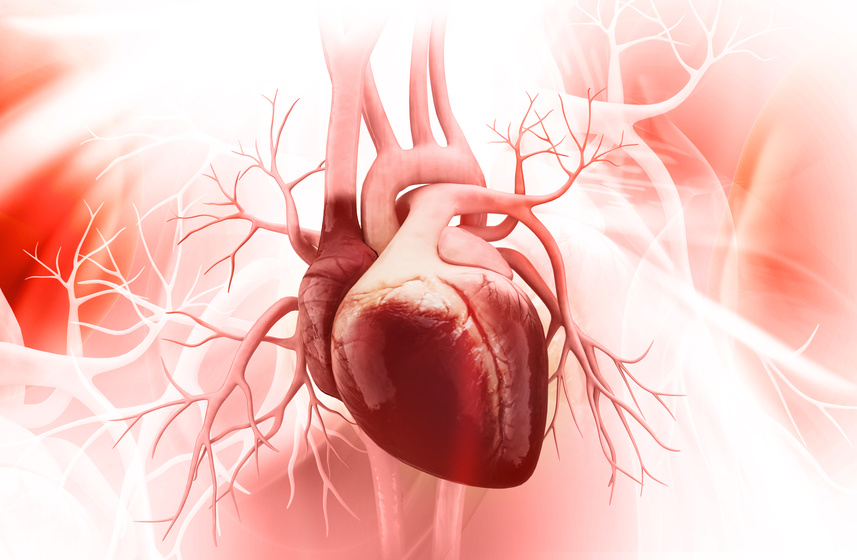Myocardial infarction (MI) results in the localized death of the muscle cells that are essential for the heart’s pumping function. Depending on the extent of the damage, MI may initiate a progressive deterioration of cardiac function that ultimately leads to heart failure. Following an acute infarction, cells of the immune system induce an inflammatory reaction in the heart muscle, which promotes clearance of the damaged tissue. “Many novel post-infarct therapies are designed to inhibit the inflammation,” says DZHK Professor Oliver Söhnlein of the Institute for Cardiovascular Prevention at LMU. “However, inflammatory reactions everywhere in the body are normally self-limiting. So we set out to develop a therapeutic approach which makes use of the endogenous processes that enable the inflammation to be turned off,” he explains. A new study, which appears in the Journal of the American College of Cardiology, reports how much progress Söhnlein and his team have made so far.
At the core of their strategy is the protein annexin A1 (AnxA1), which plays an important role in the regulation of the innate immune response – in particular in the switch from the damage-disposal phase of inflammation to the restorative processes that lead to its resolution and healing. In the new study, the authors used two strains of mice. One lacked the ability to synthesize AnxA1, while the other served as the positive control. In mice that were unable to produce AnxA1, the inflammatory reaction induced by MI was more widespread and persistent, and the degree of impairment of cardiac function was greater, than in the control mice. Furthermore, therapeutic administration of AnxA1 following heart damage was found to promote myocardial repair in wild type mice.
The protein causes immune cells called macrophages to secrete the signal protein VEGF-A, which stimulates the formation of new blood vessels. “This in turn helps to increase blood flow, which is a crucial factor in the healing process after myocardial infarction,” says Söhnlein. He and his colleagues have observed similar positive effects of AnxA1 on the repair of heart damage in pigs. “So the annexin A1-based therapy looks like a promising approach to mitigating the effects of acute heart attacks.”
Source: LMU News, 06/10/2019
Publication: Pro-Angiogenic Macrophage Phenotype to Promote Myocardial Repair

